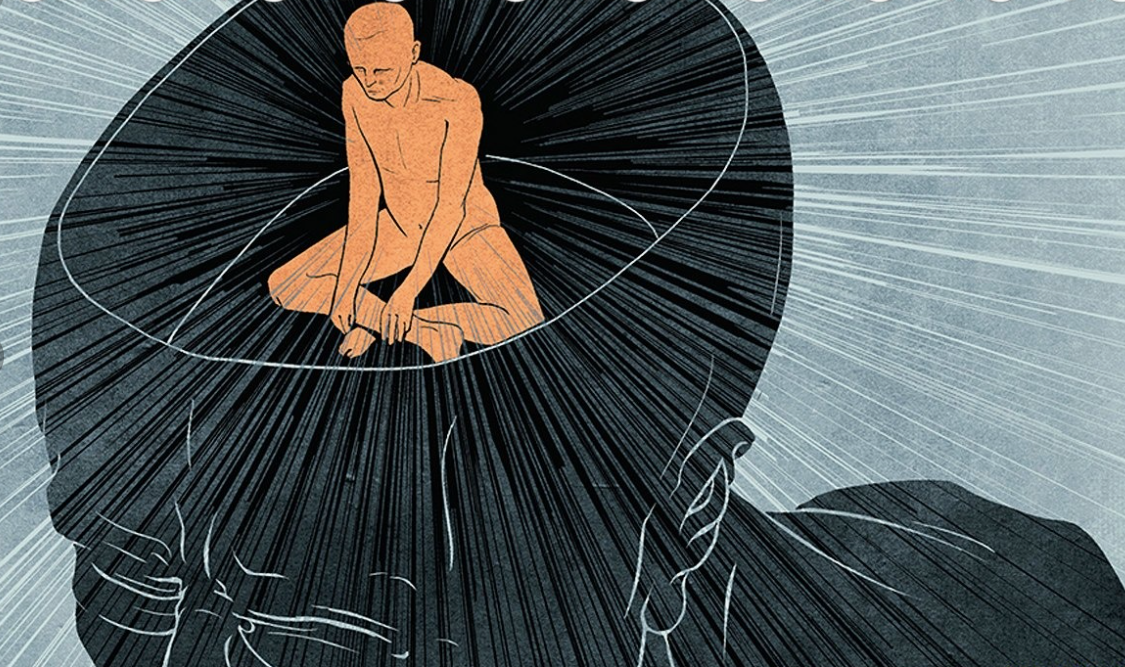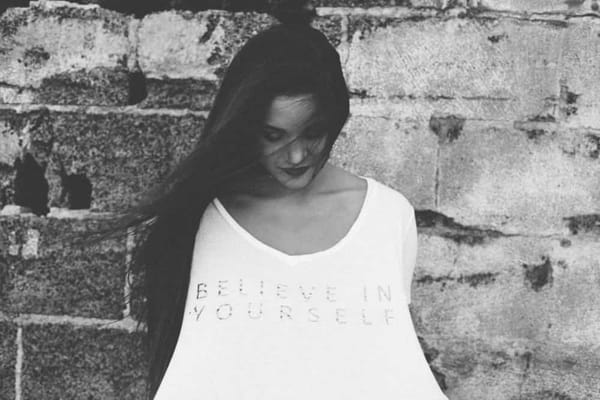The Psychology of No Choice: Why We Do What We Do

Have you ever looked back at a moment in your life and whispered to yourself, “I should have known better”? That quiet guilt, that gnawing regret , it rests on a powerful assumption: that you truly had a choice. But what if you didn’t? What if every decision you’ve ever made, from the words you said in anger to the job you never took , was shaped by a complex web of prior experiences, emotions, and circumstances that left you no real alternative?
This is not a call to despair. It’s a call to clarity. Through the lens of determinism, we can begin to unravel the illusion of absolute free will and explore a more honest, compassionate understanding of what it means to be human.
The Psychology Behind the Illusion of Choice
We feel like we're in control. We imagine forks in the road, choices we could’ve made, and lives we could’ve lived. But psychology suggests otherwise. Counterfactual thinking, imagining how things could have been , often fuels regret and self-blame. Yet it rests on a flawed idea: that, under the exact same internal and external conditions, we could’ve made a different choice. That’s not how the mind works. Attribution theory shows we’re especially biased when judging others. We often say, “They should have known better,” while overlooking their constraints, their trauma, fatigue, limited information, or desperate circumstances. For ourselves, we sometimes do the opposite: justifying actions with “I didn’t have a choice,” even when we technically did.
This uneven moral playing field creates tension, confusion, and shame, both in how we judge others and how we judge ourselves.
Determinism: A Radical Yet Grounded Perspective
Philosophically, determinism isn’t new. Spinoza, d’Holbach, and others saw human behavior not as a dance of free agents, but as the predictable unfolding of cause and effect.
Psychologically, it’s now increasingly evident. Neuroscientific studies (Libet, 1985; Soon et al., 2008) show that our brains prepare decisions milliseconds before we’re aware of them. Behavioral scientists argue that much of what we call “choice” is a reaction to environment, habit, and memory. But determinism isn’t fatalism. It doesn’t mean giving up. It means waking up, to the truth of how people operate, and how we can respond more wisely.
Redefining Moral Judgment: Accountability Without Condemnation
If no one is truly autonomous, if we all operate within invisible limits, how do we judge right from wrong?
The answer lies in shifting our focus: from condemnation to context, from blame to responsibility. You can hold someone accountable without needing to hate them. You can seek justice without craving punishment. The same applies to yourself. The restorative justice movement exemplifies this. Rather than simply punishing offenders, it seeks to understand the roots of harm, foster dialogue, and support healing. It's not about letting people off the hook. It's about recognizing that the hook is part of a much larger net.
Real-Life Implications: Where This Shift Changes Everything
1. Mental Health: Healing Through Understanding
Self-compassion isn’t just a buzzword. For people suffering from anxiety, depression, or trauma, understanding that their past decisions were made under limited conditions can be incredibly liberating.
It doesn’t excuse harm, but it reduces self-hatred. According to Kristin Neff (2011), self-compassion enhances emotional resilience, leading to better outcomes than harsh self-judgment ever could.
2. Criminal Justice: From Punishment to Prevention
In a world where people act out of pain, ignorance, or desperation, the role of the legal system should evolve, not to dismiss responsibility, but to investigate root causes.
Prisons built on retribution often harden, rather than heal. But systems rooted in rehabilitation and empathy can disrupt cycles of crime and restore dignity to both victims and offenders.
3. Education: Cultivating Empathy Early
If students were taught that behavior is always rooted in context, they might grow into adults who judge less and support more. Imagine a classroom where failure isn't shamed, but understood. Where conflict sparks curiosity, not cruelty.
Counterarguments: Doesn’t This Let People Off the Hook?
A valid fear. If we embrace determinism, do we risk societal collapse? Anarchy?
Not if we understand the difference between understanding and excusing.
Think of a child who breaks a vase during a tantrum. We don’t excuse the behavior, but we also don’t say, “You’re a bad person forever.” We guide. We teach. We grow together. The same logic applies to adults, not because they’re innocent, but because they’re human.
Even belief in free will, which studies show can promote prosocial behavior (Vohs & Schooler, 2008), doesn’t require the reality of free will. Sometimes the illusion helps. But understanding determinism doesn’t abolish morality, it refines it. It asks: how do we respond most wisely to human limitation?
The Hope in Determinism: A New Ethic for a Compassionate World
The deepest truth isn’t that we’re powerless, it’s that we’re interwoven. That the angry man on the street, the addict in recovery, the parent who couldn’t stay, and yes, you, all came to this moment carrying burdens invisible to others.
Understanding that truth doesn’t make us weak. It makes us kind.
Kindness becomes a form of realism. Empathy becomes evidence-based. And accountability becomes a bridge, not a weapon.
You Couldn’t Have Done Differently, But You Can Now
The past is fixed, shaped by causes you couldn’t control. But the future? It can still be shaped by insight.
You might not have had a choice back then. But now, with awareness, you can make space, for understanding, for growth, for change. That’s what it means to live well in a deterministic world.
Not to pretend we’re free, but to make room for the kind of freedom that matters: the freedom to be gentler with ourselves and others.
Recommended Readings
- 16 Signs the Narcissist is Getting Aggressive
- 4 Toxic Rules in a Narcissistic Family and How to Break Free
- Can a Little Bit of Narcissism Actually Be Good for You?
You May Like !








